Swift screams silenced in Scotland
01 Jul 2013 | No. 2013-26
The shrill calls of Swifts wheeling above towns and cities are some of the sounds of summer. However, the latest figures from the Breeding Bird Survey (BBS) show that numbers of Swifts fell by 42% in Scotland between 2011 and 2012.
BBS population trends are published annually for 61 bird species in Scotland, and the latest results show that 2012 was a particularly bad year for a number of migrant birds, including Whitethroat and Swift, perhaps due to a late spring and poor weather during the migration season. For Swifts, the latest drop in numbers is the third annual decline in a row, and follows a 57% decline in Scotland since the mid-1990s.
Linnets, which live on farmland, also did badly in 2012, with the population declining by nearly 50% between 2011 and 2012, taking the numbers of this small finch to their lowest level in Scotland since the survey began in 1994. Fortunately, 2012 was a good year for two of Scotland’s smallest birds; numbers of the tiny Wrens and Goldcrests had been declining since 2008, presumably due to the series of cold winters, but between 2011 and 2012 both species increased significantly, by 66% and 34% respectively.
Kate Risely, BBS organiser at the British Trust for Ornithology, said “While Swifts can be hard to monitor, a recorded 40% decline in these charismatic birds rings alarm bells. These birds are long-distance migrants that nest in gaps in walls and buildings, and they are vulnerable to adverse conditions while on migration, and to loss of nesting habitats here on their breeding grounds. While many birds are declining in Scotland, it’s good to see that numbers of Wrens and Goldcrests are showing signs of recovery after being hit hard by cold winters.”
Dr Andy Douse, Ornithological Policy & Advice Manager at Scottish Natural Heritage, added “The news that numbers of Linnets in Scotland fell to a new low in 2012 is of concern to everyone involved in Scottish nature conservation. These BBS figures highlight the important contribution made by volunteers to bird recording and conservation in Scotland, as we simply wouldn't be able to understand the magnitude and scale of these changes without the many hours of surveying carried out by committed volunteer birdwatchers.”
Jeremy Wilson, Head of Conservation Science at RSPB Scotland, said “The Breeding Bird Survey provides an important insight into the fortunes of Scotland’s birds, whilst some species seem to be exceeding our expectations, others, it appears, are giving real cause for concern. In under twenty years, we have lost more than half of our Kestrels, Lapwings, Curlews and Swifts. This is deeply concerning and should act as a wake-up call, not just to conservationists, but also landowners, government agencies and the general public. We can all play a part to help give nature a home, be it by providing suitable habitat, improving legislation or increasing research to understand the causes of decline. If we fail to do this we run the serious risk of losing these species from our countryside for ever.”
Notes for Editors
- For a PDF of the full report visit www.bto.org/bbs-report-12
- The Breeding Bird Survey is run by the British Trust for Ornithology (BTO) and is jointly funded by BTO, the Joint Nature Conservation Committee (JNCC) (on behalf of the statutory nature conservation bodies: Natural England, Natural Resources Wales and Scottish Natural Heritage and the Department of the Environment Northern Ireland), and the Royal Society for the Protection of Birds (RSPB).
- The BTO/JNCC/RSPB Breeding Bird Survey (BBS) is a national project aimed at keeping track of changes in the breeding populations of widespread bird species in the UK. The BBS involves around 2,500 participants who survey more than 3,200 sites across the UK, enabling us to monitor the population changes of over 100 bird species. Knowing to what extent bird populations are increasing or decreasing is fundamental to bird conservation.
- The information provided by the BBS provides a cornerstone for conservation action for birds in the UK.
- This important survey is carried out by volunteer birdwatchers throughout the UK, who receive no financial reward or expenses for their efforts. We are indebted to them for their tremendous support.
- The BTO is the UK's leading bird research charity. A growing membership and up to 60,000 volunteer birdwatchers contribute to the BTO's surveys, collecting information that underpins conservation action in the UK. The BTO maintains a staff of 100 at its offices in Thetford, Stirling, Bangor (Wales) and Bangor (Northern Ireland), who analyse and publicise the results of surveys and projects. The BTO's work is funded by BTO supporters, government, trusts, industry and conservation organisations. www.bto.org
Contact Details
Kate Risely
(Breeding Bird Survey Organiser)
Office: 01842 750050
(9am to 5.30pm)
Email: kate.risely [at] bto.org
Paul Stancliffe
(BTO Media Manager)
Office: 01842 750050
(9am to 5.30pm)
Mobile: 07585 440910 (anytime)
Email: press [at] bto.org
Ben Darvill
(BTO Scotland)
Office: 01786 466560
(9am to 5.30pm)
Email: ben.darvill [at] bto.org
Louise Smith
(National Media & Communications Officer, RSPB Scotland)
Office: 0131 317 4136
Mobile: 07540 121457
Email:louise.smith [at] rspb.org.uk
Images are available for use alongside this News Release.
Please contact images [at] bto.org quoting reference 2013-26
The BTO has an ISDN line available for radio interviews.
Please contact us to book an interview
Office: 01842 750050

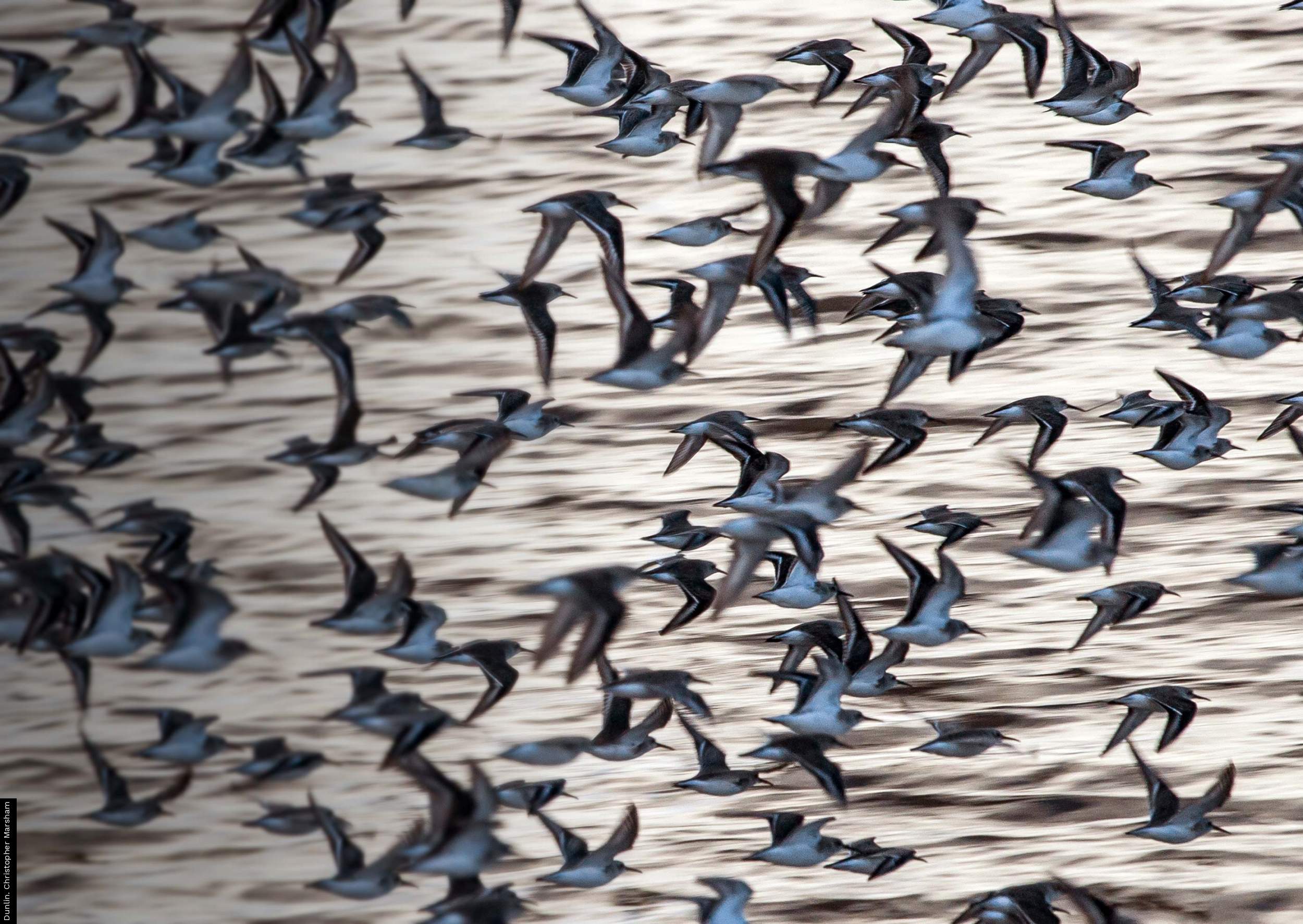
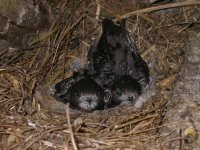
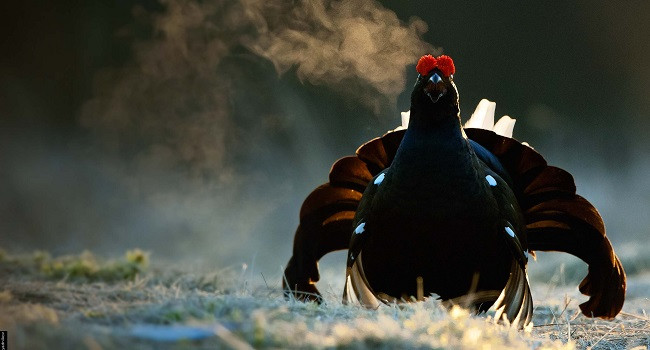
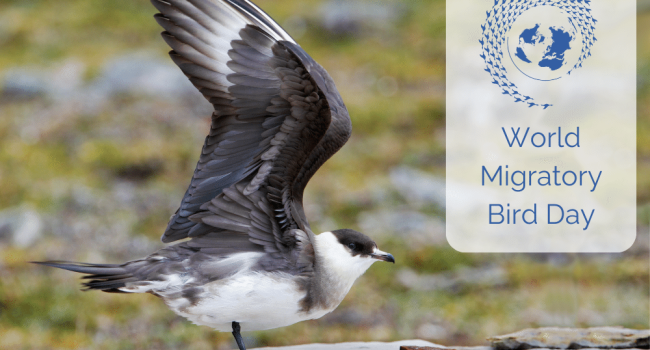
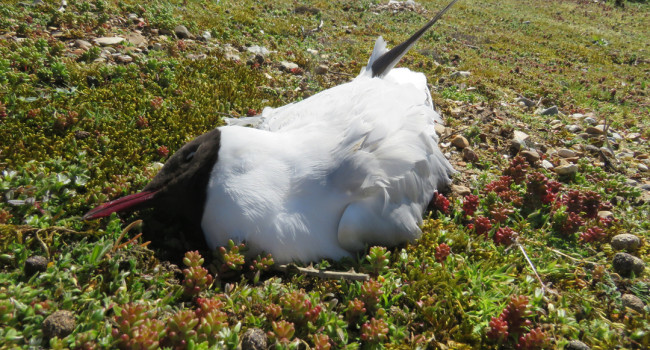

Share this page